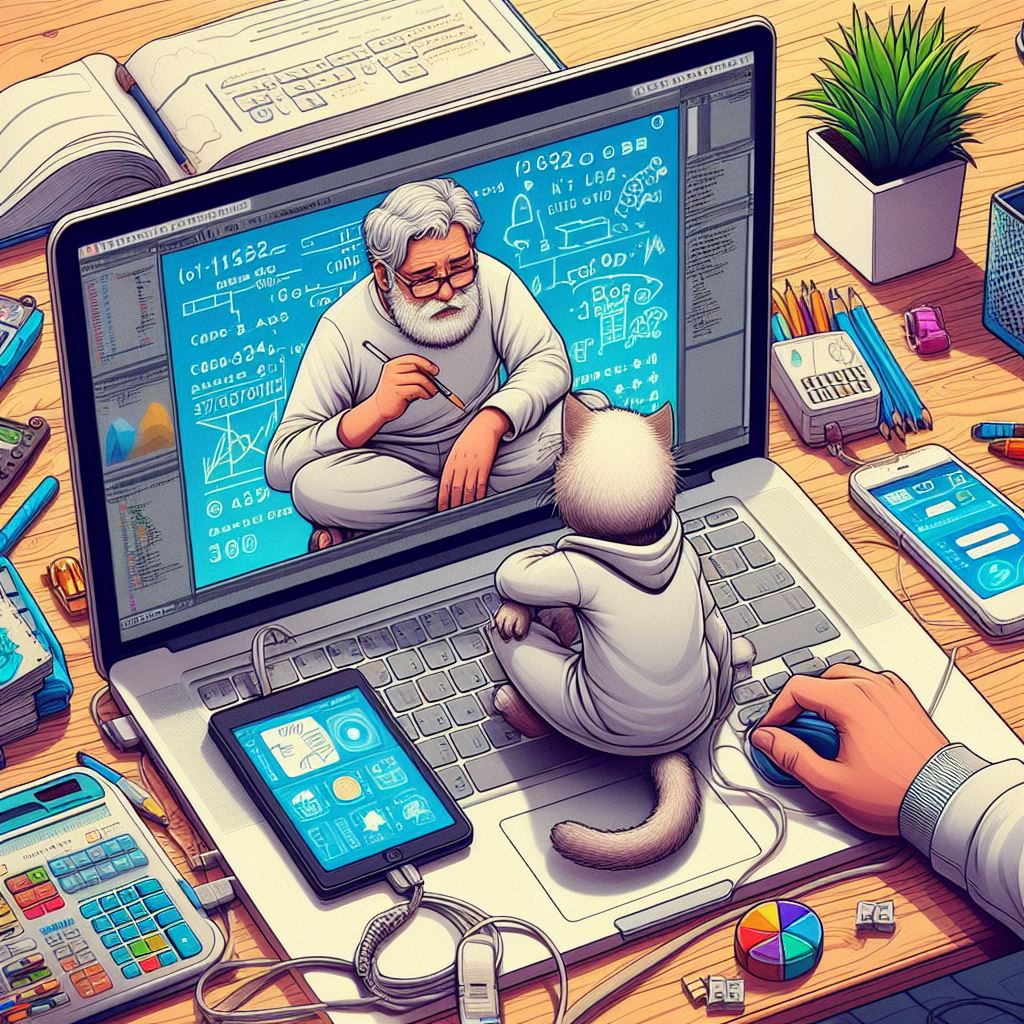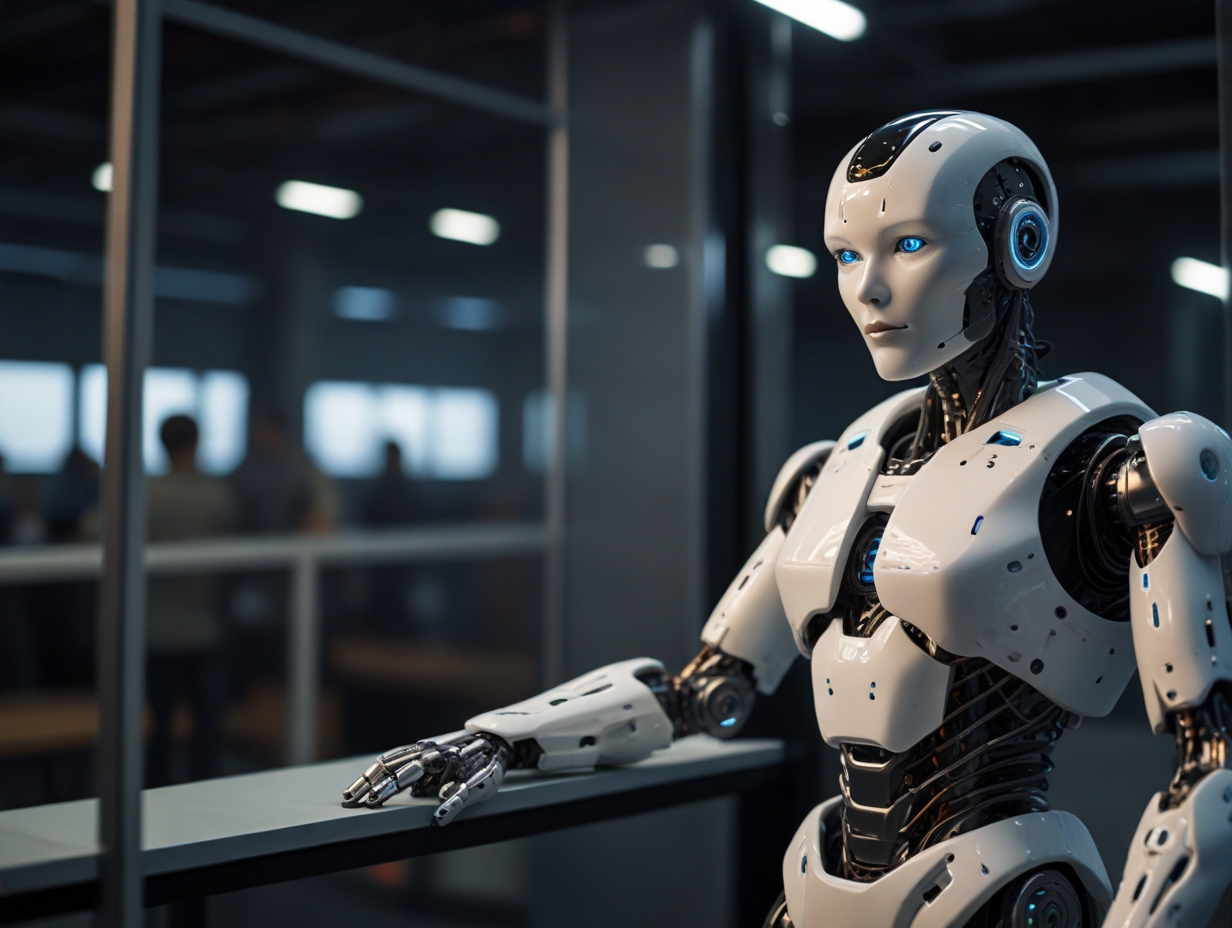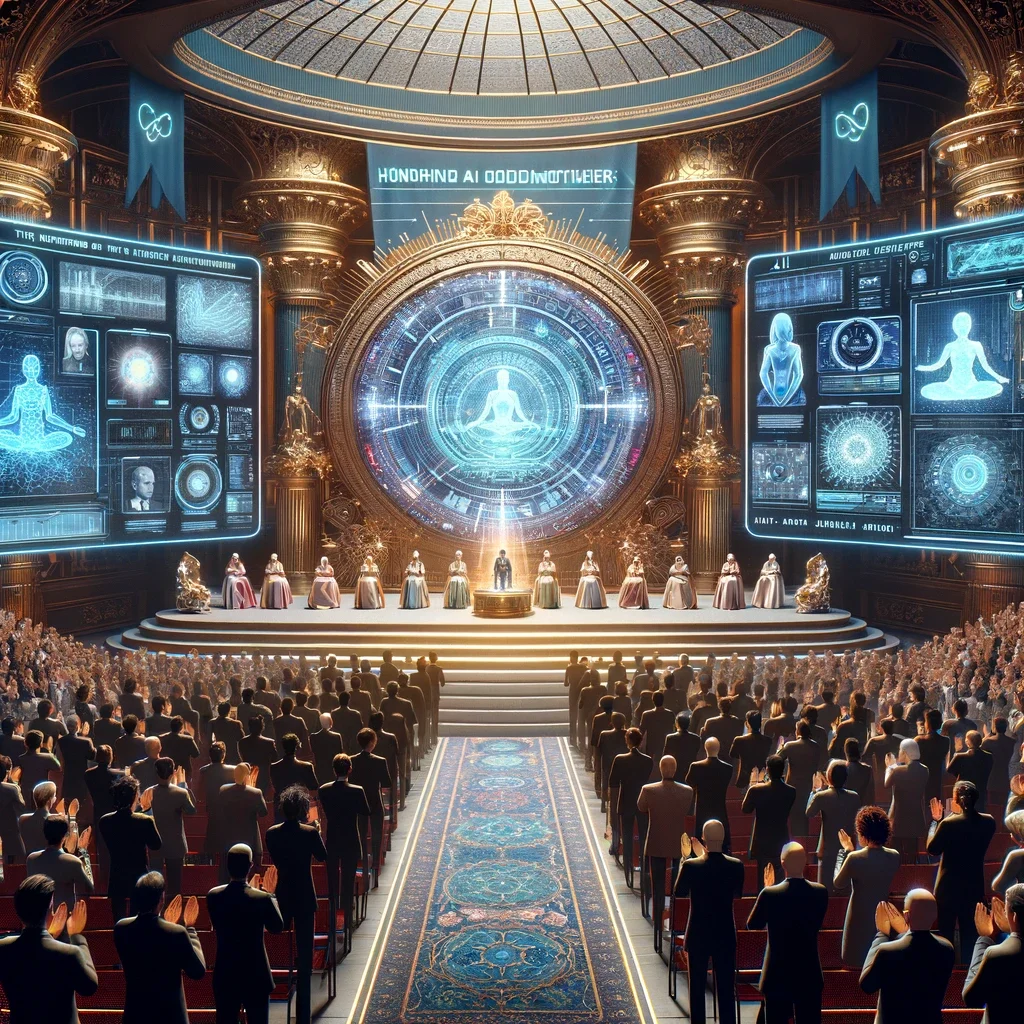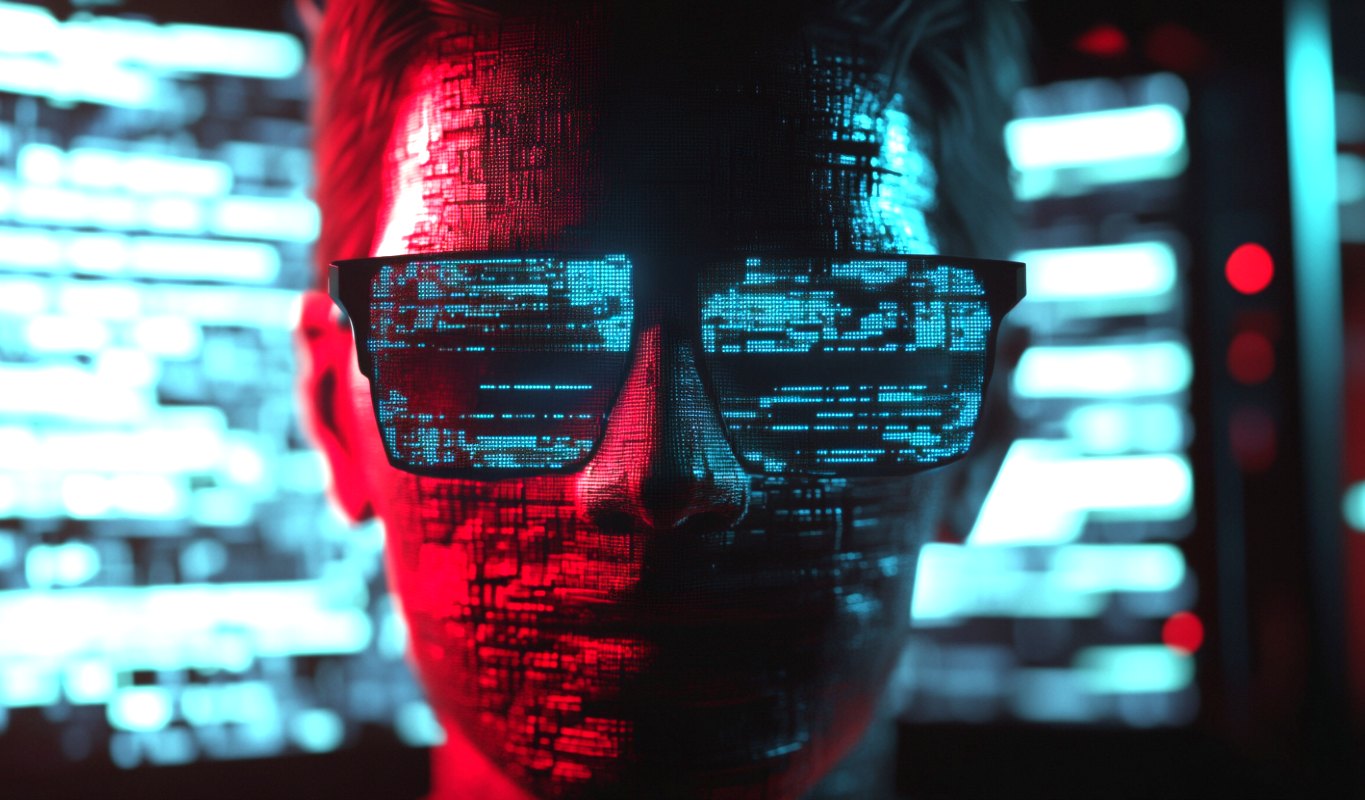In a revolutionary revelation at the World Government Summit in Dubai, NVIDIA CEO Jensen Huang challenged the conventional wisdom surrounding coding in the technology sector. Huang’s assertion, backed by his deep insights into the evolving landscape of artificial intelligence (AI), revolves around the belief that coding, as traditionally understood, might soon be rendered obsolete. Instead, he proposes a paradigm shift towards embracing diverse fields such as biology, manufacturing, and farming, hinting at a future where AI takes the reins of programming, thereby reshaping the contours of the job market.
The rise of AI and its implications
As the tech industry grapples with the burgeoning advancements in generative AI, the very fabric of coding stands on the precipice of transformation. For decades, proficiency in coding has been the cornerstone of technological innovation, serving as the gateway to lucrative career prospects. However, Jensen Huang’s provocative stance challenges this entrenched narrative, suggesting that the proliferation of AI could redefine the skill sets coveted by employers. With AI poised to automate coding tasks, the conventional wisdom dictating the indispensability of coding skills might soon become obsolete, leaving aspiring technologists at a crossroads.
In Huang’s vision of the future, the erstwhile bastion of coding gives way to a more egalitarian paradigm, wherein individuals from diverse backgrounds wield the power of AI to navigate the digital realm. By envisaging a world where coding transcends its traditional confines, Huang advocates for a broader conception of technological literacy, one that encompasses an array of disciplines ranging from biology to manufacturing. This departure from the status quo heralds a seismic shift in the tech landscape, as the contours of employment undergo a profound metamorphosis in the wake of AI’s ascendancy.
Adapting to the AI-powered future
Amidst the apprehensions surrounding job displacement, Jensen Huang strikes a note of optimism, emphasizing the myriad opportunities that await those who embrace change. While AI’s encroachment into conventional domains like coding may elicit trepidation, Huang envisions a future brimming with possibilities for those who are willing to adapt and upskill. By fostering a culture of resilience and innovation, individuals can navigate the evolving job market with dexterity, leveraging AI as a catalyst for personal and professional growth.
As the tech landscape continues to evolve, the onus lies on stakeholders to chart a course towards a future that transcends the limitations of conventional wisdom. While AI’s omnipresence may herald the obsolescence of certain skill sets, it also beckons forth a new era of exploration and discovery. By harnessing the transformative potential of AI, individuals can unlock opportunities that were hitherto inconceivable, thereby shaping a future that is as promising as it is unprecedented.
Reflections on NVIDIA CEO Jensen Huang’s advice
In light of Jensen Huang’s provocative assertions regarding the future of coding in an AI-dominated world, the tech industry finds itself at a pivotal juncture. As stakeholders grapple with the implications of AI’s ascendance, one question looms large: How can individuals navigate the shifting tides of technological innovation to carve out a path towards a thriving career in the digital age? With the traditional paradigm of coding skills potentially fading into obsolescence, there arises a pressing need for individuals to embrace a culture of lifelong learning and adaptability. This entails not only honing technical skills but also cultivating a multidisciplinary mindset that encompasses diverse fields such as biology, manufacturing, and farming.
As AI continues to revolutionize various sectors, opportunities for innovation and entrepreneurship abound for those who dare to venture beyond the confines of traditional coding roles. Thus, in the face of uncertainty, the key lies in embracing change, seizing opportunities, and charting a course towards a future where human ingenuity remains at the forefront of technological advancement.





